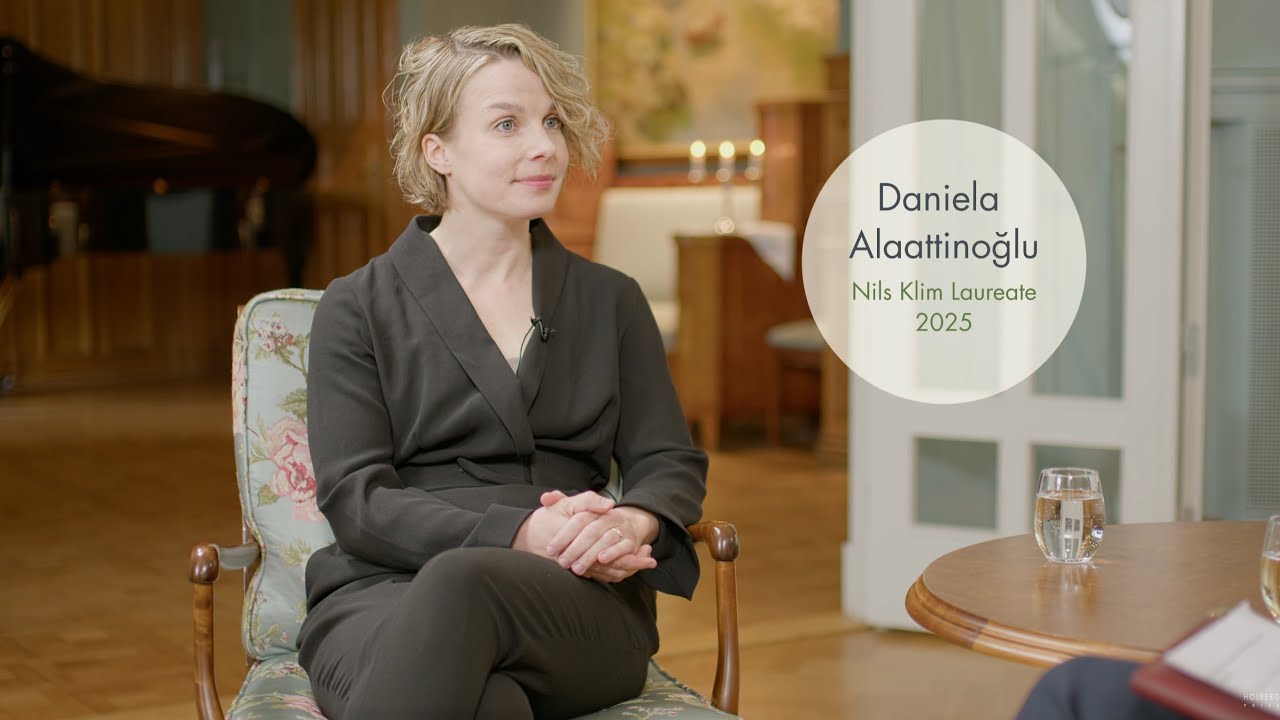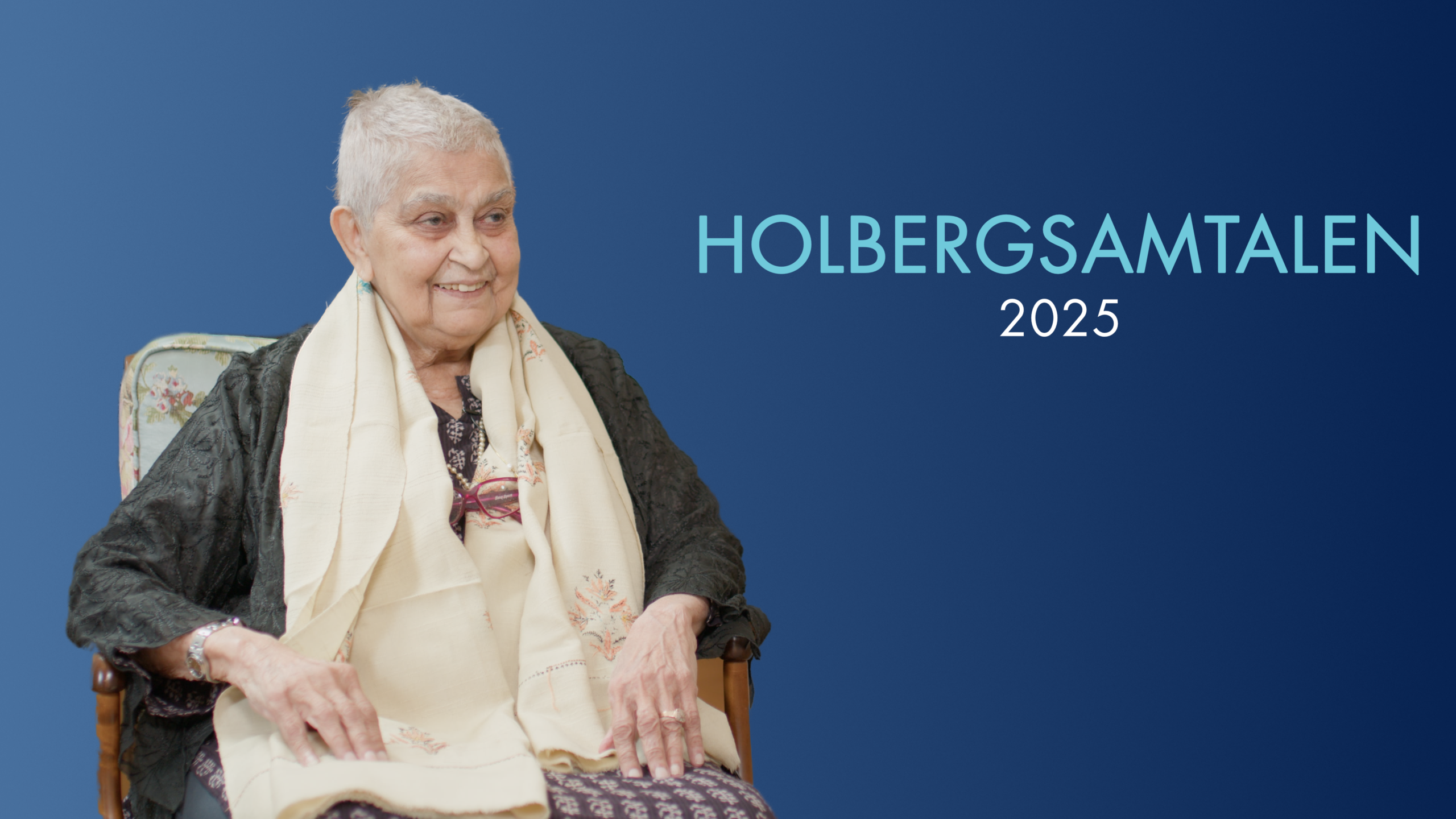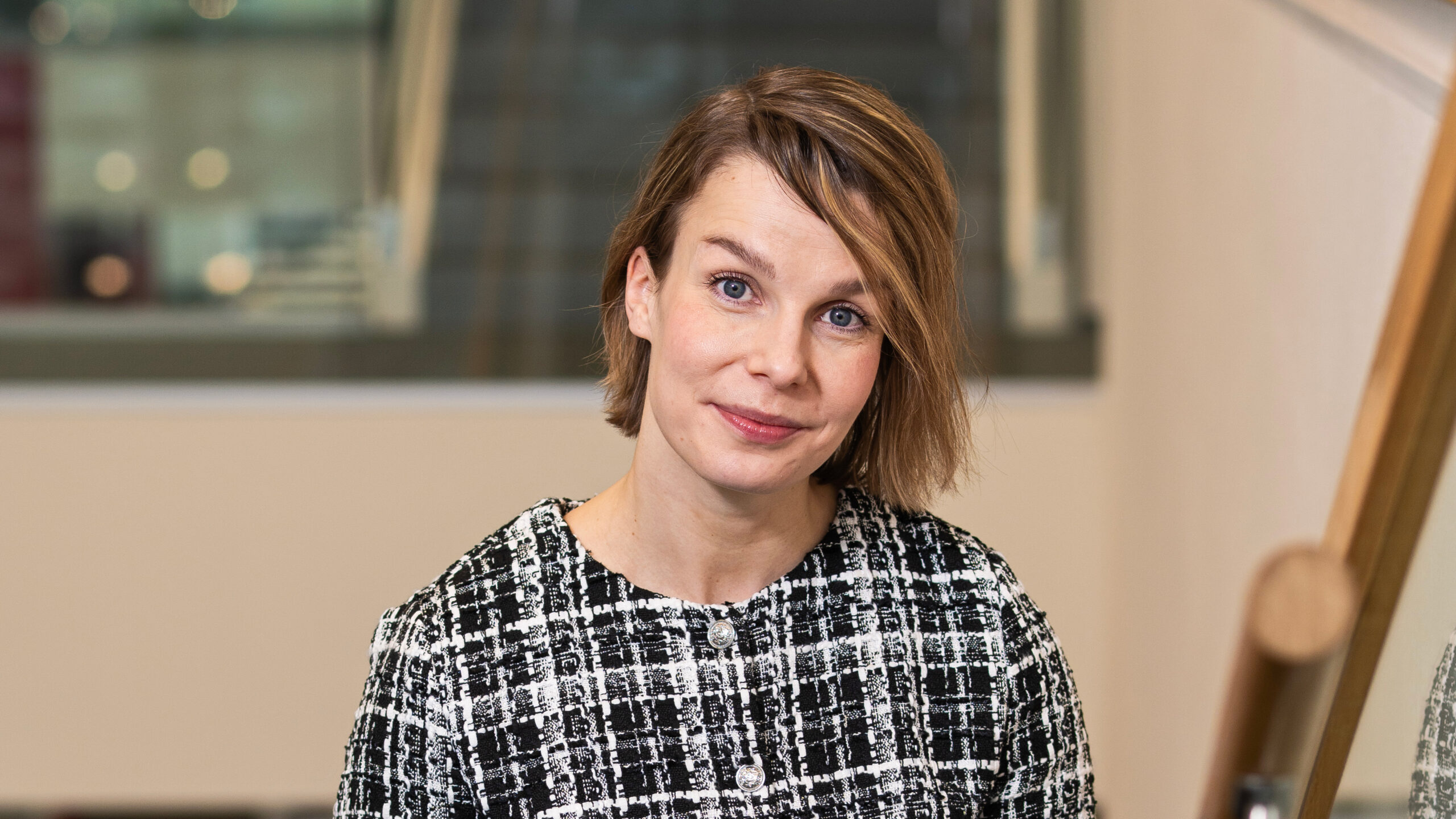
How can experiences often marginalised in legal discussions enrich current accounts of Nordic rights development?
This event is held in honour of the 2025 Nils Klim Laureate, Daniela Alaattinoğlu.
The symposium will open with a lecture by the Nils Klim Laureate, followed by presentations by three invited speakers, a panel discussion and a Q&A session.
This event is part of the 2025 Holberg Week, which takes place from 3rd to 6th June, in Bergen and Oslo.
Abstract
The Nordic rights development narrative, shifting from scepticism to revolution, often centres on elite perspectives: courts, parliaments and public institutions. Drawing on three cases – sterilisation policies targeting trans people, forced reproductive control of Indigenous women in Greenland, and oppression of the Indigenous Sámi – this lecture explores rights developments ‘from the margins’, showing how law can be used to oppress, but also to advance the position of individuals and groups.
Participants
Daniela Alaattinoğlu
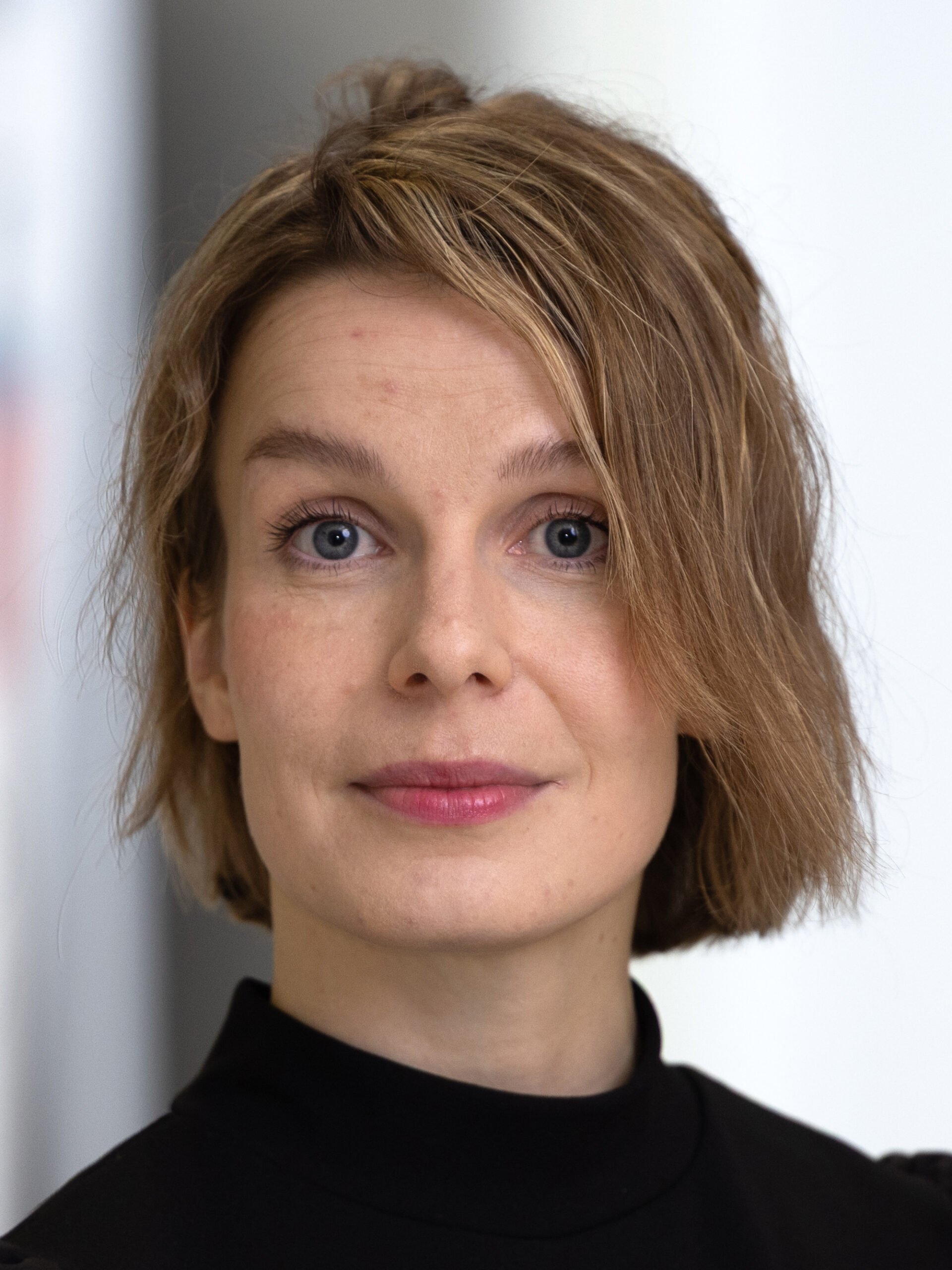 Daniela Alaattinoğlu. (Photo: Esko Keski-Oja.)
Daniela Alaattinoğlu. (Photo: Esko Keski-Oja.)
Daniela Alaattinoğlu is Assistant Professor of Law at the University of Turku and the recipient of the 2025 Nils Klim Prize. She is the Principal Investigator of the project From the Margin to the Centre: Rights Development, Transitional Justice and Indigeneity in the Nordics (MARCEN), funded by the European Research Council (Starting Grant, 2025–2029). Her research has been supported by grants from the Icelandic Research Fund (2020–2023), the Swedish Cultural Foundation in Finland (2020–2022), and the Research Council of Finland (2014–2019) among others. Alaattinoğlu is also the co-editor of Retfærd: The Nordic Journal of Law and Justice and the co-founder of the research environment Law, Space and Justice at the Turku Law Faculty.
Reetta Toivanen
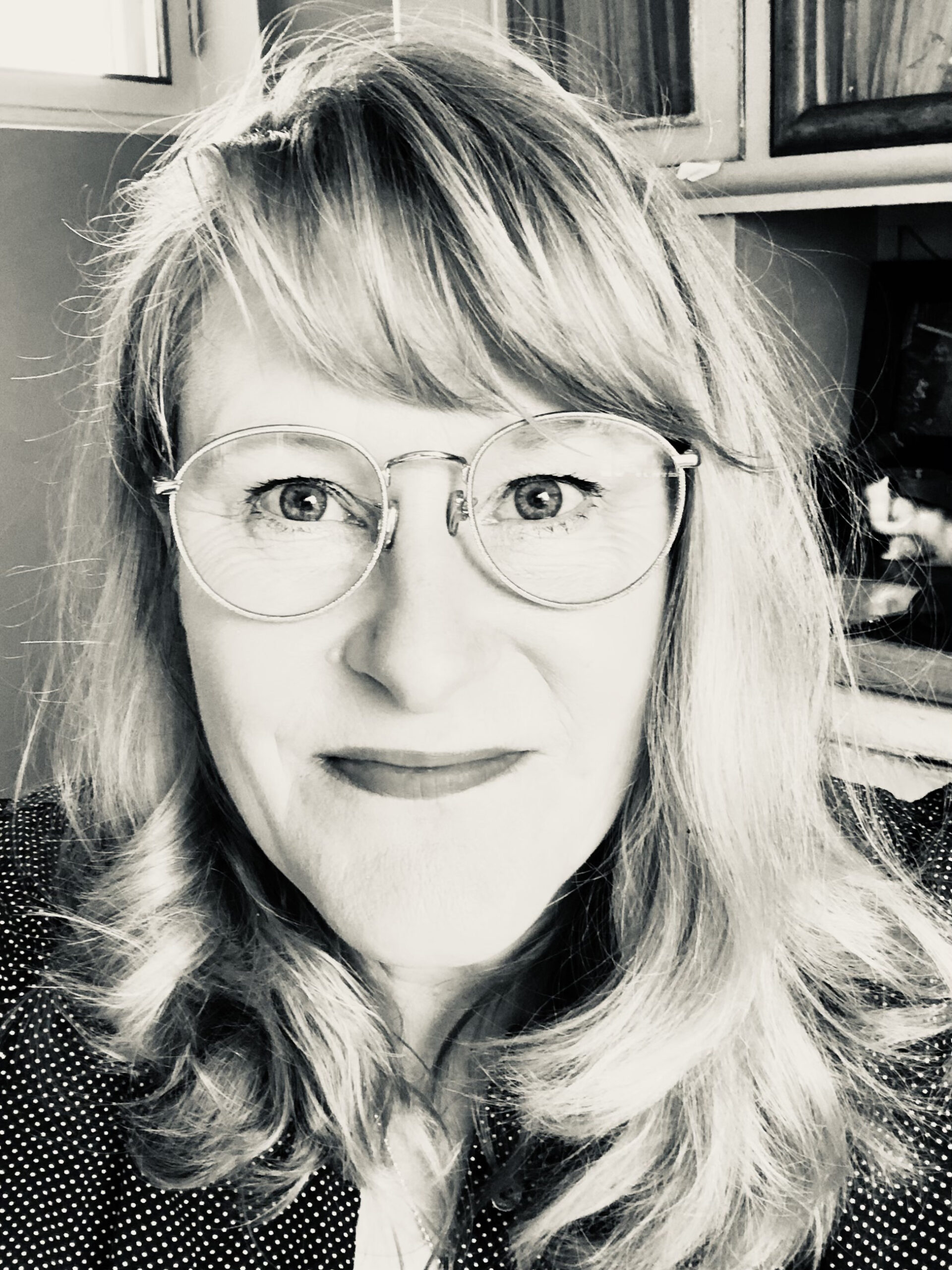 Reetta Toivanen. (Photo: Private.)
Reetta Toivanen. (Photo: Private.)
Reetta Toivanen is Professor of Sustainability Science and Vice-Director of EuroStorie at the University of Helsinki. She works on minority and indigenous rights and legal anthropology. Toivanen is Richard von Weizsacker Fellow at the Robert Bosch Academy.
Vibeke Blaker Strand
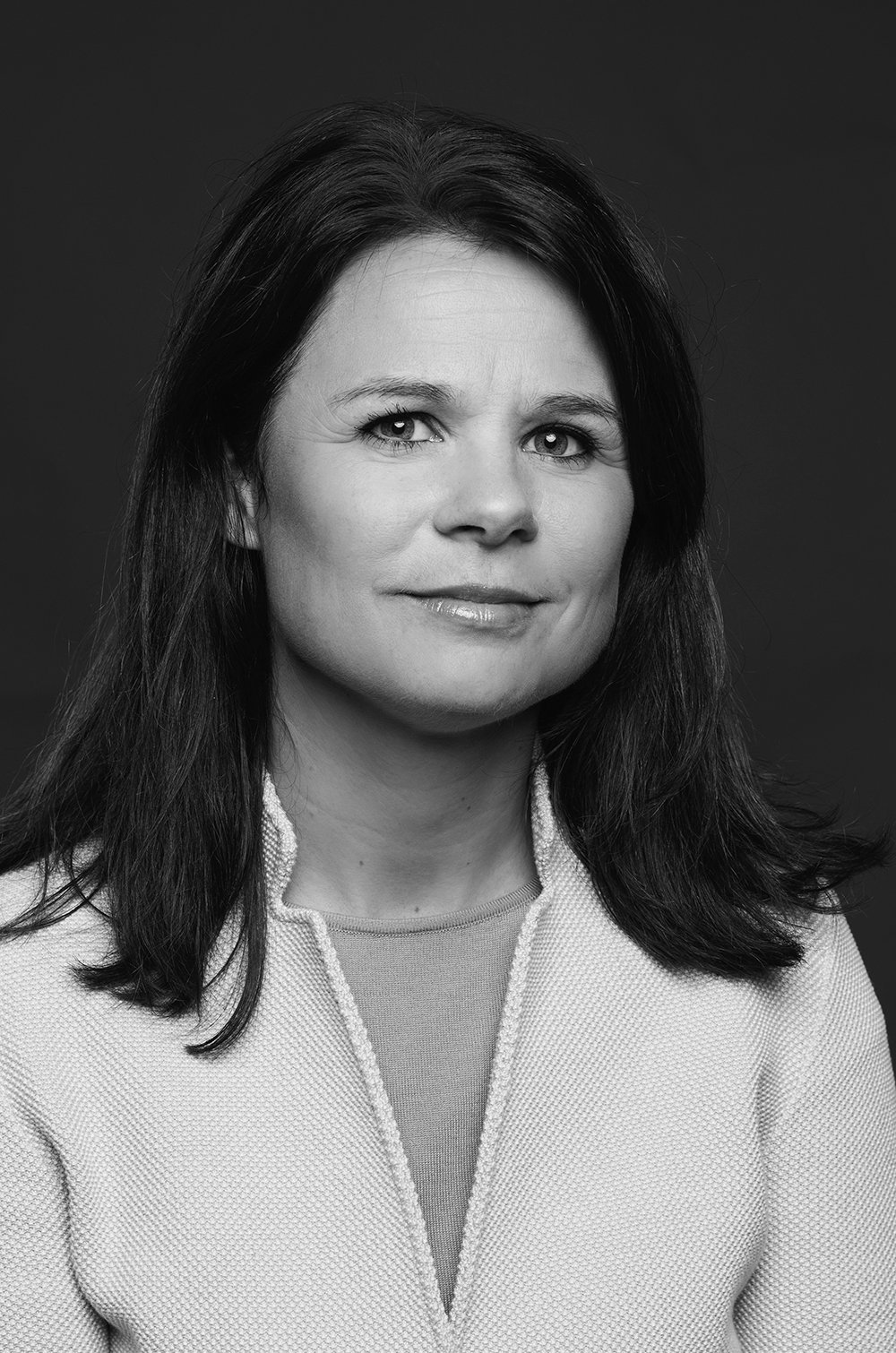 Vibeke Blaker Strand. (Photo: University of Oslo.)
Vibeke Blaker Strand. (Photo: University of Oslo.)
Vibeke Blaker Strand is Professor of Law at the University of Oslo and an expert in equality and non-discrimination law. Her recent research addresses topics related to new technology (AI) and discrimination, constitutionalizing of the non-discrimination provision, and diversity.
Maya Unnithan
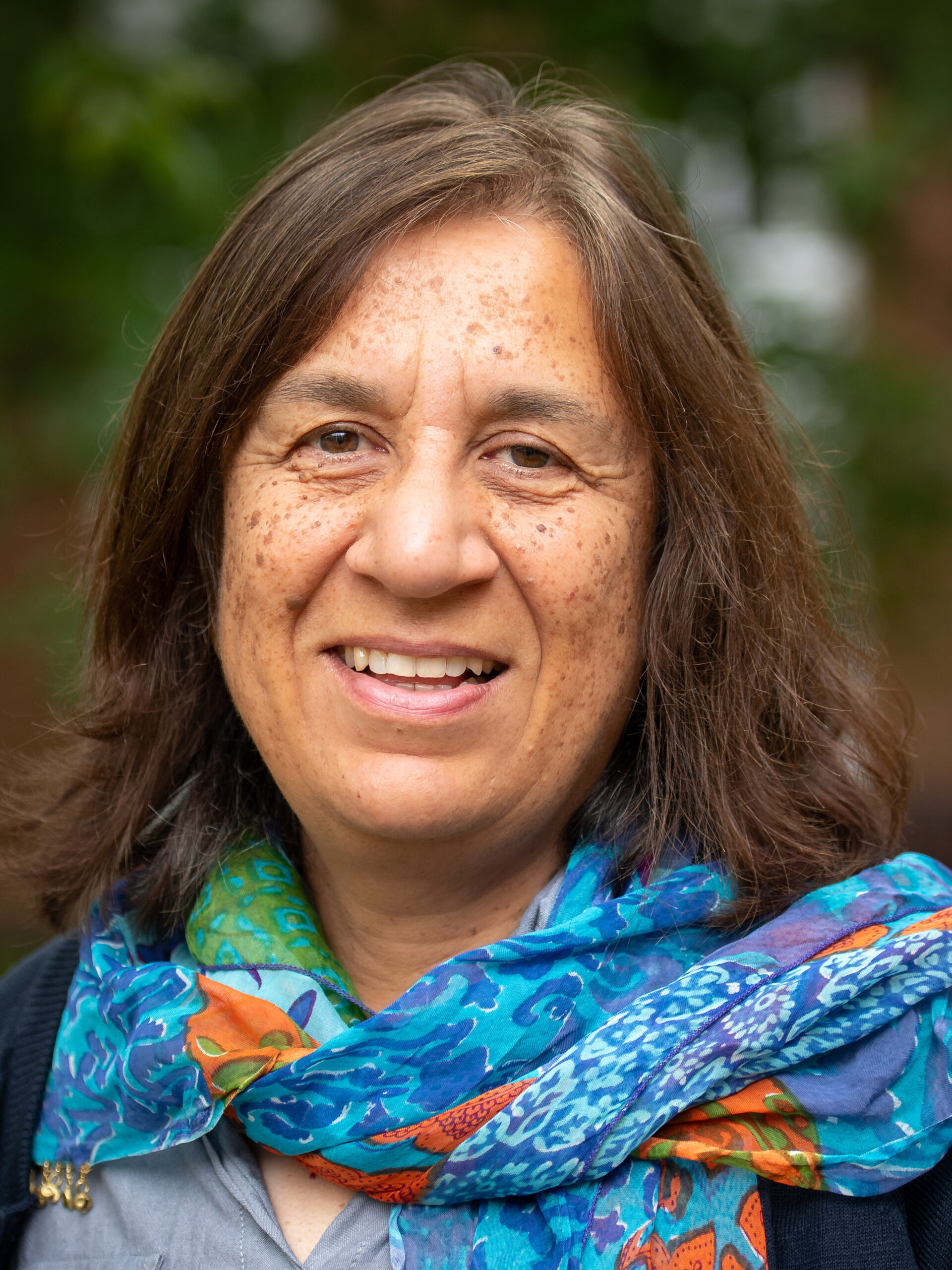 Maya Unnithan. (Photo: Stuart Robinson / University Of Sussex.)
Maya Unnithan. (Photo: Stuart Robinson / University Of Sussex.)
Maya Unnithan is Professor of Social and Medical Anthropology and Director of the Centre for Cultures of Reproduction, Technologies & Health (CORTH), University of Sussex, UK. In her work on sexual and reproductive health rights Maya brings together anthropology, global health, development & human rights.
Jørn Jacobsen (moderator)
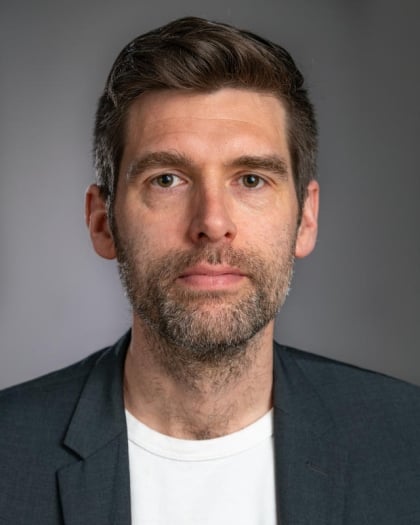 Jørn Jacobsen. (Photo: University of Bergen.)
Jørn Jacobsen. (Photo: University of Bergen.)
Jørn Jacobsen is Professor of Law at the Faculty of Law, University of Bergen, where he leads the PhD programme. Jacobsen’s main areas of research are criminal law and legal theory. He has published several books and articles, and he is also editor of Bergen Journal of Criminal Law and Criminal Justice. Jacobsen received the Nils Klim Prize in 2011.
Programme
Welcome
By Professor Bjørn Enge Bertlelsen, Academic Director of the Holberg Prize.
Introduction of the 2025 Holberg Laureate
By Professor Jørn Jacobsen, University of Bergen.
Introduction of the topic
By Nils Klim Laureate Daniela Alaattinoğlu, associate professor, University of Turku.
When Law Makes People
This talk reflects on the dual nature of law in the lives of minority and Indigenous peoples, asking not only how people use the law, but how the law itself shapes and constructs those it seeks to govern. While legal frameworks are often presented as tools of protection or empowerment, they can also act as instruments of definition and control—produced by hegemonic institutions and embedded with their assumptions. Drawing from legal anthropology and critical perspectives on minority governance,
By Professor Reetta Toivanen, University of Helsinki.
Non-Discrimination: On Inclusion and Exclusion
The prohibition against discrimination identifies group-based characteristics, such as ‘women’, ‘sex’, ‘disability’ and ‘ethnicity’. It can both include and exclude. Categories may be interpreted inclusively, while non-exhaustive prohibitions allow for new groups to be included. What should be the roles of national and international courts when it comes to developing the protection against discrimination? Is there a risk that, despite an inclusive approach, new hierarchies may arise?
By Professor Vibeke Blaker Strand, University of Oslo.
Closing the Gap between Rights and Justice
A human rights-based approach provides a significant framework with which to conceptualise and advance change in systems where gender inequality and injustice permeate. However, there are often gaps between a rights-based approach and a realisation of reproductive justice. In the talk I draw on insights from on-the-ground engagement with legal processes and reproductive rights, scholarship on the moral basis of justice, to suggest new and inclusive ways of imagining rights.
By Professor Maya Unnithan, University of Sussex.
Commentary
By Nils Klim Laureate Daniela Alaattinoğlu.
Panel discussion and Q&A
Moderated by Professor Jørn Jacobsen, University of Bergen.
Closing remarks
By Professor Bjørn Enge Bertelsen, Academic Director of the Holberg Prize.


